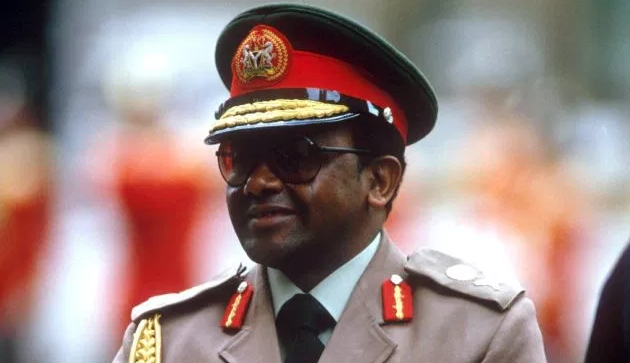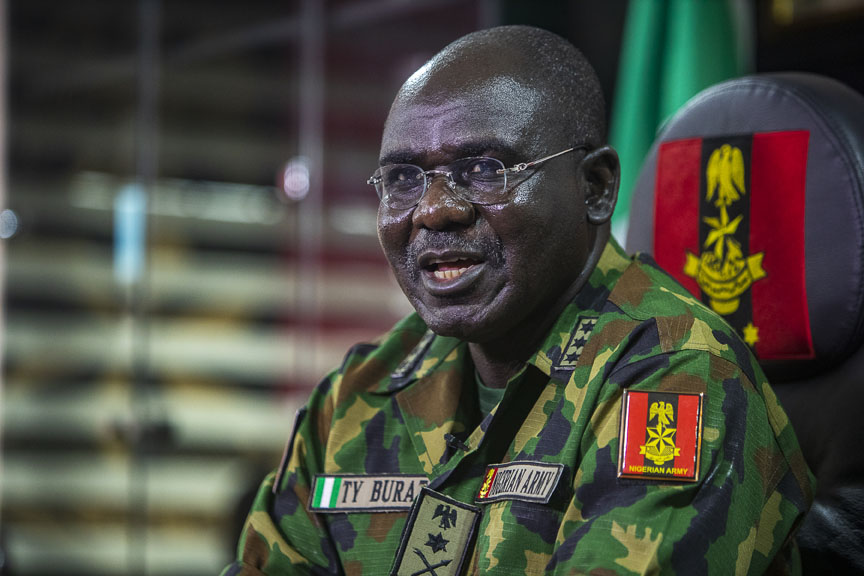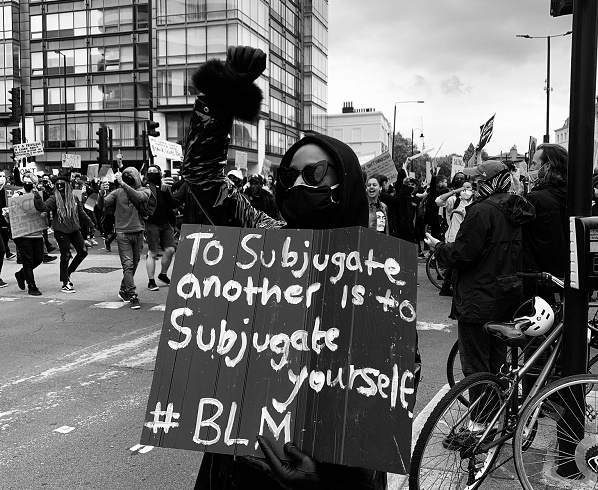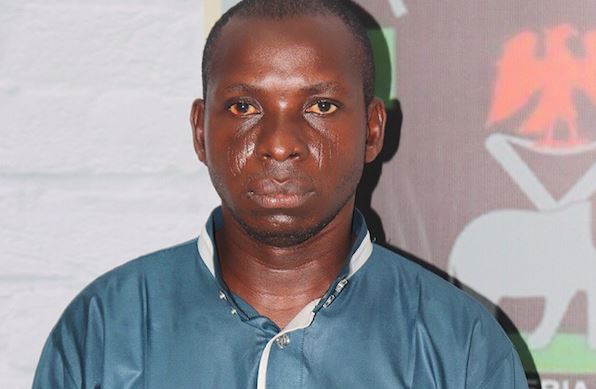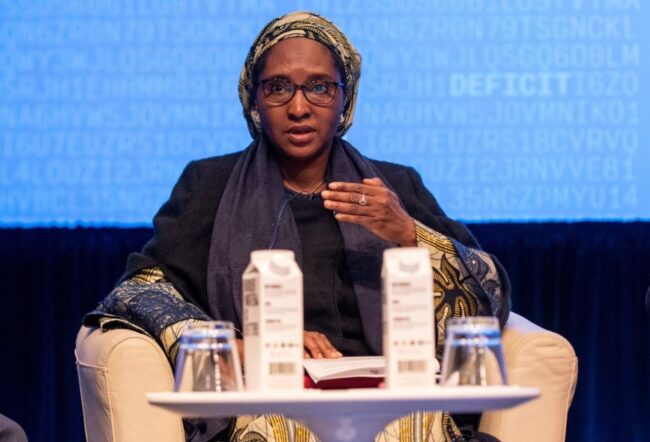Prior to the fourth republic, Nigeria was ruled by 11 leaders — eight military heads of states and three civilians. Of the eight military heads of state, three have died. But of all these, Sani Abacha, the late head of state, has featured more notoriously in the media.
Today marks exactly 22 years after Abacha, who presided over the country between November 17, 1993, and June 8, 1998, died. While his death was met with a series of jubilations across the streets, the cause of his demise still remains a mystery. Although the rumour that he died of poisoning by prostitutes went wild, Abacha’s aides countered the claim saying the former ruler died of natural causes.
ABACHA’S EMERGENCE
Abacha, a native of Kano state, was commissioned into the military in 1963 after he received training in Kaduna and England. He rose through the ranks from second lieutenant to general in 1993. During the period, Abacha was involved in several coups until ex-military President Ibrahim Babangida appointed him as chief of staff in 1985, and subsequently minister of defence in 1990. In 1993, Abacha forced interim President Ernest Shonekan to resign and declared military rule across the country, having established the provisional ruling council (PRC).
Advertisement
In his coup speech, the former military head of state described the interim government as an administration full of “heavy uncertainties”, adding that his regime came “in a bid to find solutions to the various political, economic and social problems which have engulfed our beloved country”.
“Many have expressed fears about the apparent return of the military. Many have talked about the concern of the international community. However, under the present circumstances, the survival of our beloved country is far above any other consideration. Nigeria is the only country we have. We must, therefore, solve our problems ourselves. We must lay a very solid foundation for the growth of democracy. We should avoid any ad hoc or temporary solutions. The problems must be addressed firmly, objectively, decisively and with all sincerity of purpose,” his speech read.
DICTATORSHIP AND HUMAN RIGHTS VIOLATIONS
Advertisement
Notable among the series of human rights abuses under the Abacha regime was the killing of Ken Saro-Wiwa and eight other Ogoni activists opposed to the exploitation of Nigeria’s resources. His regime also detained Moshood Abiola, touted winner of the 1993 presidential election; former President Olusegun Obasanjo, and the late Shehu Musa Yar’adua, brother of former President Umaru Musa Yar’adua. This was despite several pleas and condemnation by the international community.
In 2016, Thabo Mbeki, former South African vice-president, revealed how Nelson Mandela, former president of the country, begged Abacha to halt the execution of the “Ogoni Nine”. He said Mandela also pleaded with Abacha for the release of Obasanjo and Yar’adua.
“The first major test which faced our late President Mandela in this regard was at the 1995 Commonwealth Heads of Government Meeting (CHOGM) held in New Zealand,” Mbeki wrote in a statement.
“Here President Mandela came under great pressure publicly to condemn the Nigerian Abacha military government, especially for its continued detention of M.K.O. Abiola who had won the 1993 Presidential elections, and agree to the imposition of some sanctions against Nigeria.
Advertisement
“President Mandela resisted all this until news came through that on the very first day of the CHOGM, the Nigerian Government had executed Ken Saro-Wiwa and eight of his Ogoni colleagues. He then immediately joined others strongly to condemn the Abacha Government and approved the suspension of Nigeria from the Commonwealth.”
CORRUPTION AND TREASURY LOOT
In an article published in Newsweek, a US based publication, in May, President Muhammadu Buhari said close to $1 billion was stolen from Nigeria “under a previous, undemocratic junta in the 1990s”. Although Buhari did not mention the name of Abacha, it was clear that he was referring to the late dictator.
According to an analysis by TheCable, over $3.624 billion of the Abacha loot has been recovered between 1998 and 2020. These recoveries were made by four administrations from four countries.
Advertisement
In 1998, Abubakar Abdulsalami, former military head of state, recovered $750 million from the Abacha family.
In 2000, Obasanjo recovered $64 million looted funds from Switzerland, $1.2 billion from the Abacha family in 2002; $88 million from Switzerland in 2003, and another $160 million from Jersey, British Island in 2003 — all linked to Abacha.
Advertisement
In 2005, Obasanjo recovered another tranche of $461 million of the Abacha loot deposited in Switzerland. By the following year, 2006, $44 million was recovered from the same country.
In 2014, during the administration of ex-President Goodluck Jonathan, Nigeria recovered $227 million of the Abacha loot from Liechtenstein, a country in Europe. The administration also recovered $322 million from Switzerland, but the fund was repatriated during Buhari’s first term in 2018.
Advertisement
In 2020, during Buhari’s second term, Nigeria repatriated $311 million Abacha loot from the United States and the Bailiwick of Jersey.
The litigation process for the return of the most recent assets entitled “Abacha III” commenced in 2014 while the diplomatic process that culminated in the signing of the asset return agreement on February 3, 2020 by the governments of Nigeria, US and the Bailiwick of Jersey, commenced in 2018.
Advertisement
After Nigeria recovered the loot from the US and the Bailiwick of Jersey, Abubakar Malami, attorney-general of the federation, who coordinated the repatriation of the funds, said the money would be used in expediting the construction of Lagos-Ibadan expressway, Abuja-Kano road, and the Second Niger Bridge.
In his Newsweek article, Buhari also said the recovered funds would be spent on infrastructure.
Long after the dictator’s death 22 years ago, Nigeria is still recovering the proceeds of his corruption — and more have been said to be waiting in the wings.
Add a comment
